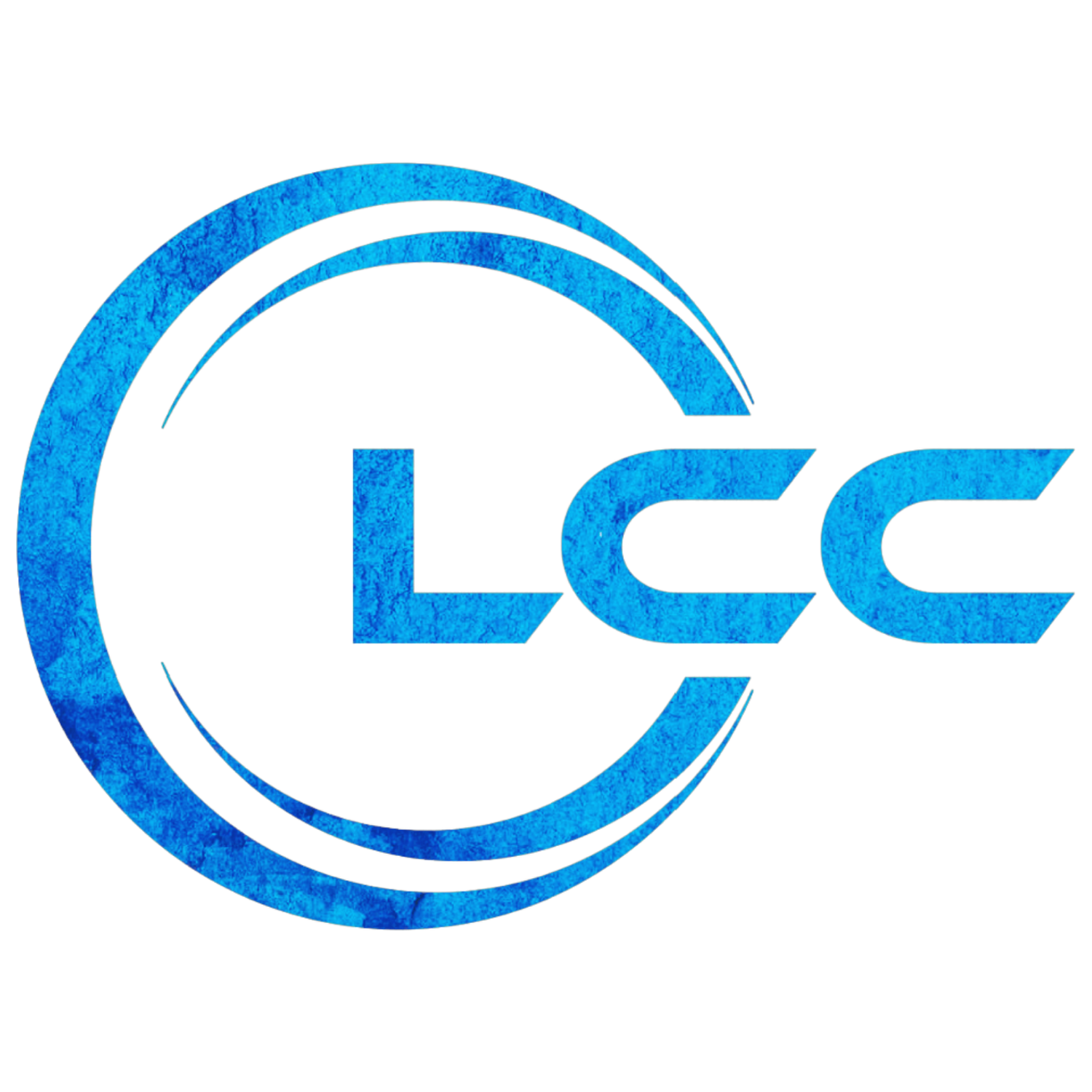Principles and Goals
Education and Awareness:
Conduct educational campaigns and workshops for policymakers, industry leaders, and the public to increase awareness about the benefits and necessity of liquid cooling solutions for information and communications technology equipment.
Develop, distribute, and/or publish informative materials such as white papers, podcasts, and/or videos that highlight case studies and best practices to demonstrate the effectiveness and advantages of liquid cooling solutions for information and communications technology equipment.
Engage with other technical organizations to leverage their expertise and inform our efforts.
Policy Advocacy:
Engage with policymakers to advocate for regulations and incentives that encourage the adoption of liquid cooling solutions for information and communications technology equipment.
Work in collaboration with aligned organizations towards the establishment of industry standards and guidelines that favor liquid cooling solutions.
Publicize information about how different types of liquid cooling work to save resources.
Stakeholder Collaboration:
Coordinate industry members to identify and prioritize communication, education, and policy needs and goals.
Foster partnerships and collaborations among data center owners and operators, technology providers, technical organizations, researchers, and environmental groups to drive adoption of and innovation in liquid cooling solutions.
Coordinate with complimentary and collaborative organizations [such as ASHRAE, Open Compute Project Foundation, and The Green Grid, and others] to leverage their technical expertise and standards to build out policy agendas.
Create a living reference platform for knowledge sharing, industry alignment, and joint problem-solving among stakeholders.
Sustainability and Efficiency:
Promote the development and implementation of liquid cooling solutions that maximize energy and water efficiency and enable carbon neutrality of information and communications technology equipment often used in data centers.
Support multi-national, federal, state, and local research and development efforts aimed at advancing liquid cooling solutions and reducing their costs and time to develop.
Promote best practices for liquid cooling to minimize harm and risk to the natural environment, workers, and the public. This includes promoting the elimination of per- and poly-fluoroalkyl substances (PFAS) that are as persistent, bio accumulative, and toxic (PBT) in liquid cooling applications for the information and communications technology equipment industry.
Market Transformation:
Encourage more responsible and sustainable cooling solutions in both new and existing data centers.
Monitor and report on the progress and impact of liquid cooling adoption in reducing resource consumption and the carbon footprints of information and communications technology equipment.
Investigate collaborative opportunities to align with existing power and water conservation programs and incentives (i.e., promoting support for combined solar and liquid solutions).
Global Collaboration:
Begin direct advocacy in the U.S. and then extend efforts globally, recognizing the international nature of data center operations and environmental impact.
Collaborate with international bodies and organizations to harmonize efforts and promote sustainable data center practices to maximize global impact.
Leverage LCC activities in the U.S. to engage other jurisdictions when advantageous.
By focusing on these goals, the LCC is at the forefront of driving significant and necessary policy changes that pave the way for a more sustainable digital future.
